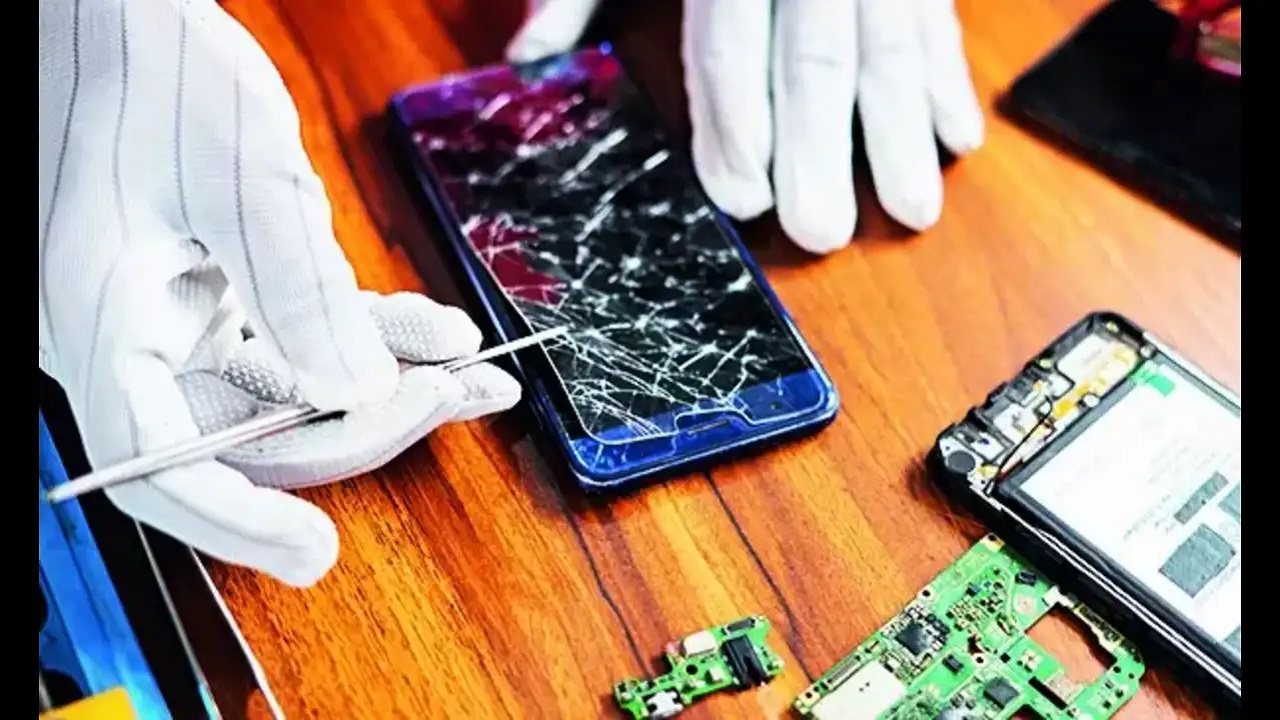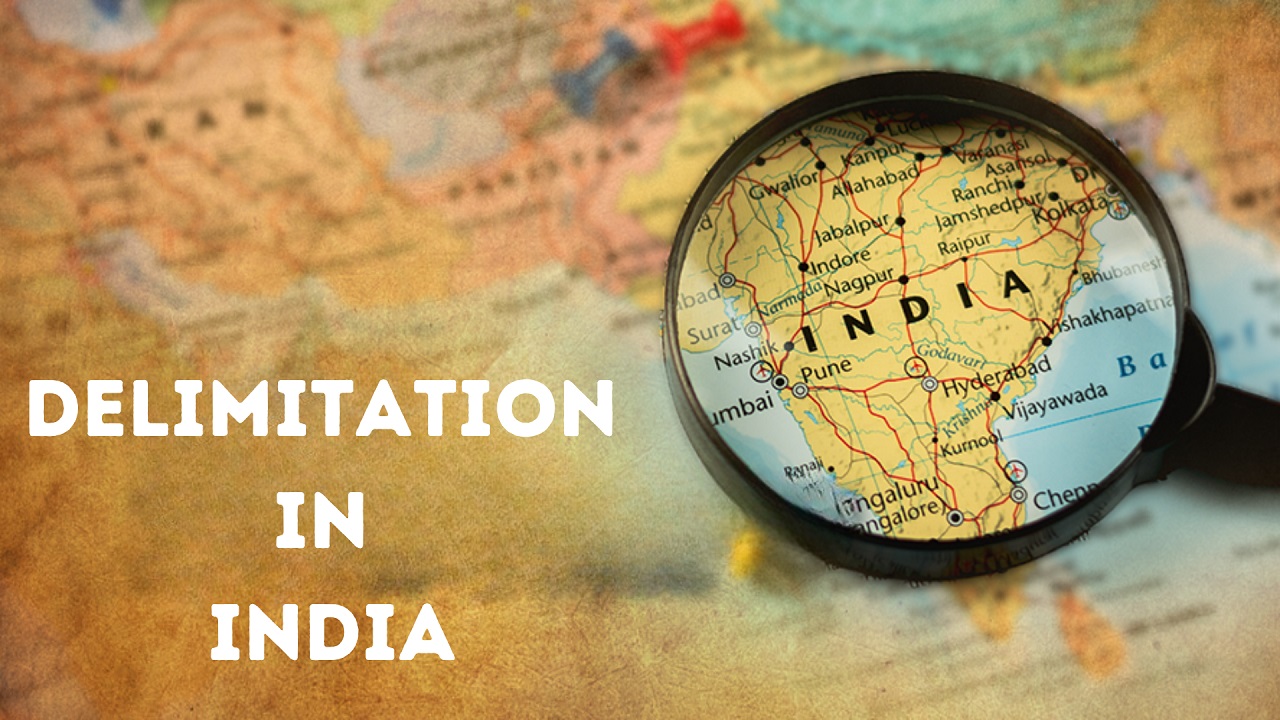Bridging the Gap: Informal Repairers in a Formal Digital India
Context
India has recently accepted a proposal to introduce a Repairability Index for electronic products. This is seen as a major step toward formalising the Right to Repair as a consumer right. However, concerns are being raised that India’s informal repair ecosystem, which is rich in tacit and intergenerational knowledge, is being excluded from digital and AI policy frameworks.
Introduction
The Right to Repair refers to the legal right of consumers to repair, modify, or access affordable third-party services for the products they own. Globally, there is increasing recognition of this right, especially in the context of sustainability and digital justice. While India has initiated steps to recognise this right, experts argue that policy efforts must move beyond consumer rights to include repair as a knowledge system, livelihood source, and cultural practice.
Understanding the Right to Repair
-
It gives consumers the freedom to repair or modify their products, either on their own or through third-party services.
-
The European Union mandates access to spare parts and manuals for various electronics.
-
Several U.S. states and the UN SDG 12 promote repair to reduce e-waste and extend product life.
-
In India, the Department of Consumer Affairs launched the Right to Repair Portal in 2023, covering electronics, automobiles, and agricultural equipment.
Why Repair Must Go Beyond a Consumer Right
-
Informal repair knowledge is acquired through experience, observation, and mentorship, not through formal certification.
-
Areas like Karol Bagh (Delhi) and Ritchie Street (Chennai) are hubs of such intergenerational expertise.
-
Repair practices reflect India's culture of jugaad, frugality, and resourcefulness, helping reduce e-waste and extend the life of products.
-
The informal repair workforce, although central to the circular economy, remains excluded from labour laws and policies.
-
Local repair practices are part of India’s indigenous technological knowledge and reflect regional innovation and adaptive reuse.
-
A growing trend towards sealed products and disposable culture is reducing public repair literacy and weakening community-based knowledge systems.
Gaps in Current Policy Frameworks
-
The E-Waste Rules 2022 focus mainly on recycling and fail to prioritise repair as the first step in waste reduction.
-
Skill development programmes like PMKVY are too rigid and not suited for the improvisational nature of real-world repair work.
-
AI and Digital Public Infrastructure frameworks emphasise structured data but ignore informal, human-led repair knowledge.
-
While the National Education Policy 2020 promotes experiential learning, it fails to classify repair work as a legitimate skill.
-
There is no legal recognition or certification pathway for informal repairers, limiting their access to formal employment or digital inclusion.
Towards a Sustainable and Inclusive Repair Ecosystem
-
Include repairability standards in AI systems, hardware designs, and public procurement policies.
-
Expand the scope of the Right to Repair by classifying products based on repairability, and ensuring access to manuals and parts.
-
Recognise informal repairers through platforms like e-Shram, and offer custom training modules tailored to their methods.
-
Use AI tools such as large language models and decision trees to digitally preserve and share tacit repair knowledge.
-
Coordinate policy efforts across ministries like MoLE, MeitY, and MoRD to create a unified framework that values repair as both labour and knowledge.
Significance for India’s Development
-
Strengthens commitments to Sustainable Development Goals, particularly SDG-12, and supports Mission LiFE.
-
Enhances the dignity and visibility of informal workers by recognising them as skilled contributors.
-
Promotes digital inclusion by ensuring that human knowledge is not excluded from the AI-driven future.
-
Encourages economic empowerment by bridging the gap between grassroots innovation and national digital ambitions.
-
Establishes India as a global leader in building a sustainable, repair-inclusive circular economy.
Conclusion
As India progresses in building robust AI and digital public infrastructure, repair should be viewed not just as a consumer right, but as a national responsibility. Recognising and integrating the silent, generational wisdom of informal repairers is essential to creating an inclusive, sustainable, and just technology ecosystem. As Michael Polanyi observed, “We know more than we can tell.” India must value and preserve what it cannot afford to lose.




Comments (0)